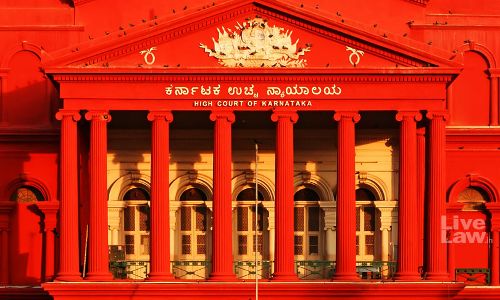Karnataka High Court Acquits Murder Convict, Sets Aside Life Term After Man Serves 13 Yrs In Jail
Mustafa Plumber
23 May 2022 8:16 PM IST

Next Story
23 May 2022 8:16 PM IST
The Karnataka High Court recently set aside the conviction of a man, incarcerated since 13 years, for the offence of murder under Section 302 IPC. The Court thus set aside the life term imposed by Special CBI Court and ordered his forthwith release.The order was passed by a division bench of Justice B. Veerappa and Justice S. Rachaiah in the appeal filed preferred by Shivaprasad, a driver,...
